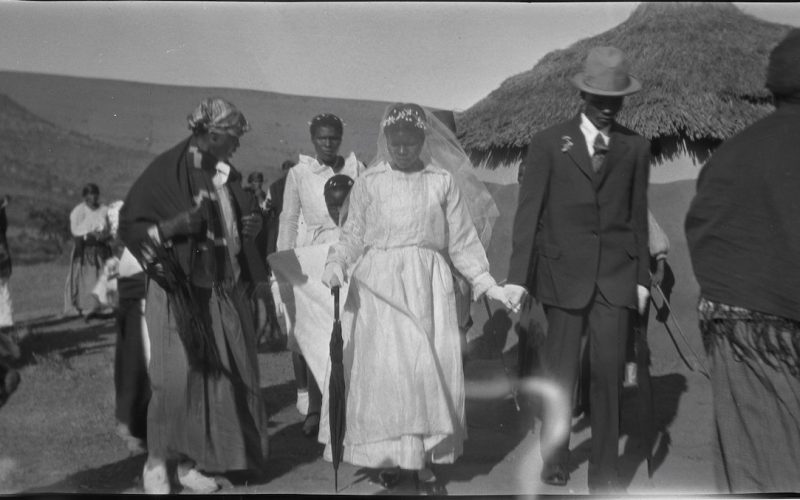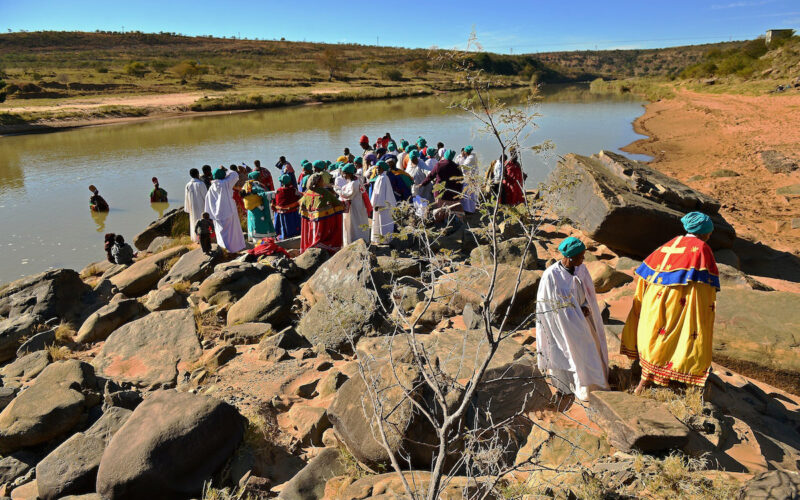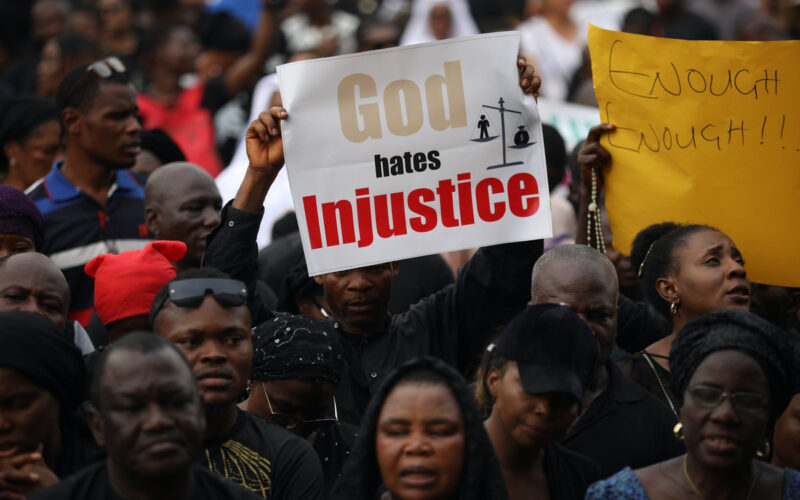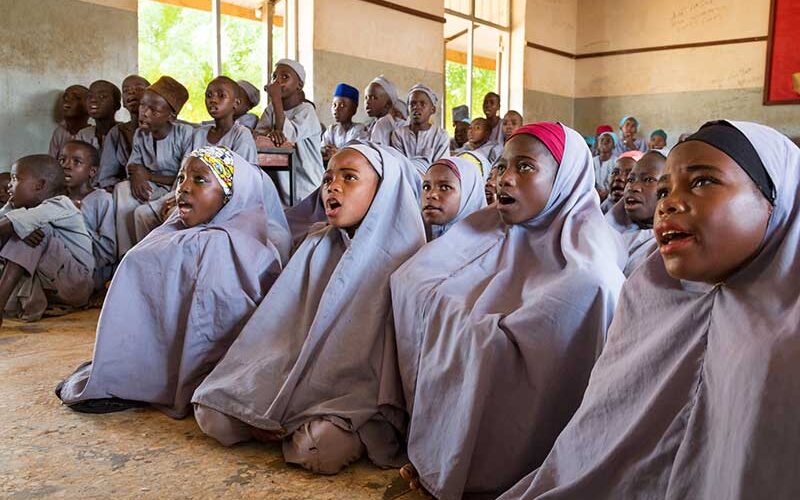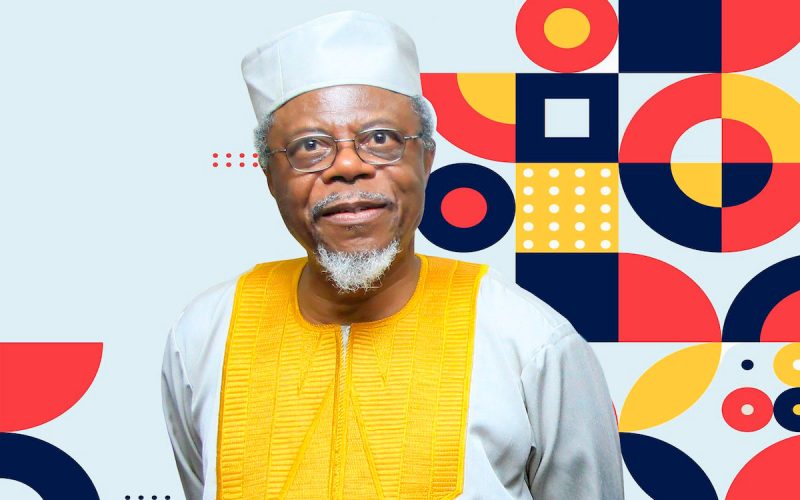
Toyin Falola: 3 recent books that explain the work of Nigeria’s famous decolonial scholar
TOYIN Falola, distinguished professor of history, is one of Africa’s most accomplished intellectuals. Born Oloruntoyin Falola in 1953 in the Nigerian city of Ibadan, he grew up in a sprawling, polygamous household that practised Islam, Christianity and ancient Yoruba spirituality. Author SANYA OSHA, Senior Research Fellow, Institute for Humanities in Africa, University of Cape Town This confluence of multiple worldviews and religions reflects in his thinking and in his massive academic output. Falola has produced something like 200 books in all areas of the human and social sciences and travels widely to deliver lectures at conferences and public events. Africa…

